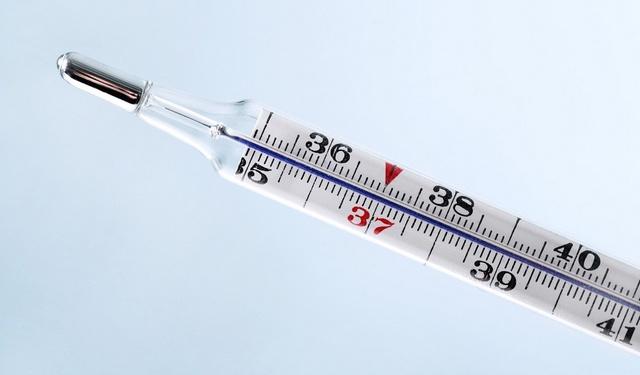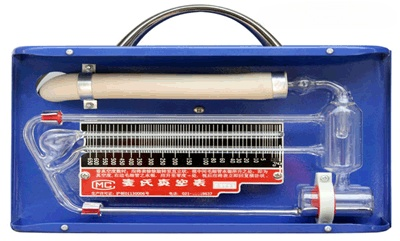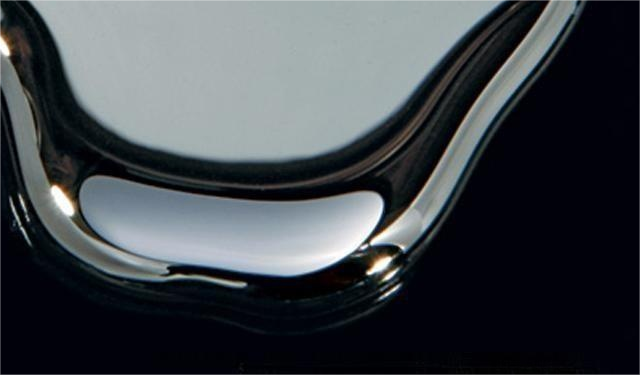Mercury is a widely used metallic element with numerous distinctive properties and applications in the fields of medicine, science, industry, and everyday life.
Firstly, mercury plays a crucial role in the medical field. Its viscosity and density make it an ideal temperature measuring liquid for thermometers. Mercury thermometers are commonly employed to measure body temperature in medical practice, representing a widely accepted traditional method. Additionally, mercury finds application in the production and experimentation of certain drugs due to its medicinal value.

Secondly, mercury holds significant importance in scientific endeavors. Its exceptional electrical conductivity and stability render it extensively utilized in laboratory instruments such as resistance meters, pressure meters, flow meters, etc. Scientists also employ mercury for conducting specialized experiments like those involving mercury vapor lamps to study substance properties and changes.

Furthermore, mercury plays a vital role in industrial production. It serves as a catalyst in various chemical reactions to enhance reaction rates and yields. Simultaneously, electronic products including batteries, switches, and relays utilize mercury's excellent conductivity and stability.

Lastly, in daily life, mercury has some unique uses. For instance, it is applied as reflective coating on mirrors to improve their sharpness and reflectivity. Mercury is also incorporated into traditional crafts, such as crabapple lamps, to showcase its aesthetic value.

In conclusion, the versatile applications of mercury span across medicine, science, industry, and daily life. However, it is important to be mindful of its toxicity and environmental pollution. Rational use and proper disposal of mercury are necessary to safeguard both the environment and human health. Hopefully, in future developments we can make better utilization of this element.
|

